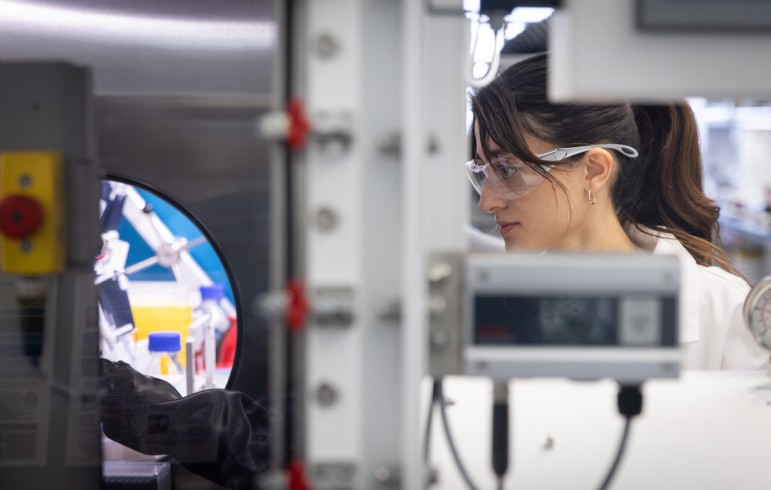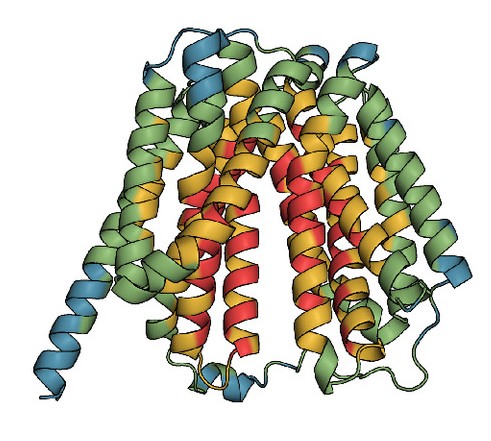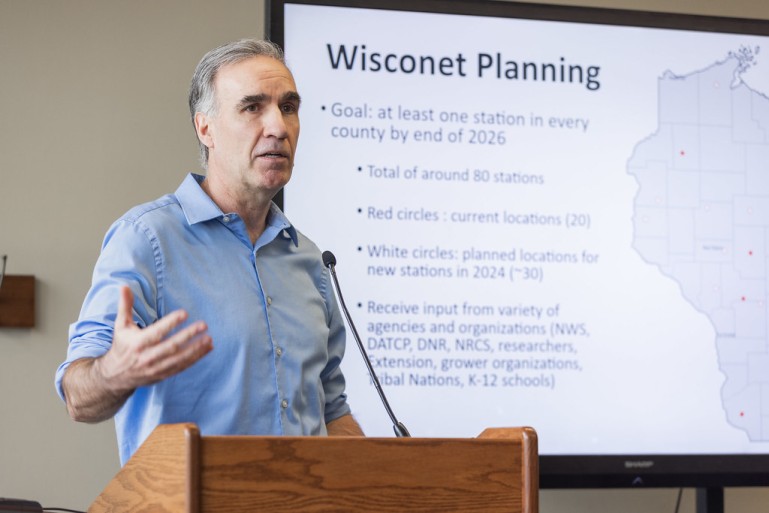Not acting on climate change now could have a global price tag of $44 trillion, according to U.S. banking giant Citigroup.
“The Energy Summit is about bringing different people together to think through some of the most difficult challenges of our time,” says Tracey Holloway, University of Wisconsin–Madison professor of environmental studies and chair of this year’s Energy Summit.
Cooling systems in power plants require heat exchangers to carry low-grade energy away from the inner-workings of the electrical generation machinery—and improvements to heat exchanger technology aim to increase energy efficiency.
Rural Wisconsin is not the first place that comes to mind when someone mentions geothermal energy—a sputtering geyser in Iceland is a more likely association than a Badger State dairy farm.
Hydrogen could be the ideal fuel: Whether used to make electricity in a fuel cell or burned to make heat, the only byproduct is water; there is no climate-altering carbon dioxide.
Like gasoline, hydrogen could also be used to store energy.
Ronald Raines, Henry Lardy Professor of Biochemistry, Linus Pauling Professor of Chemical Biology, and professor of chemistry, was awarded the Ralph F.



